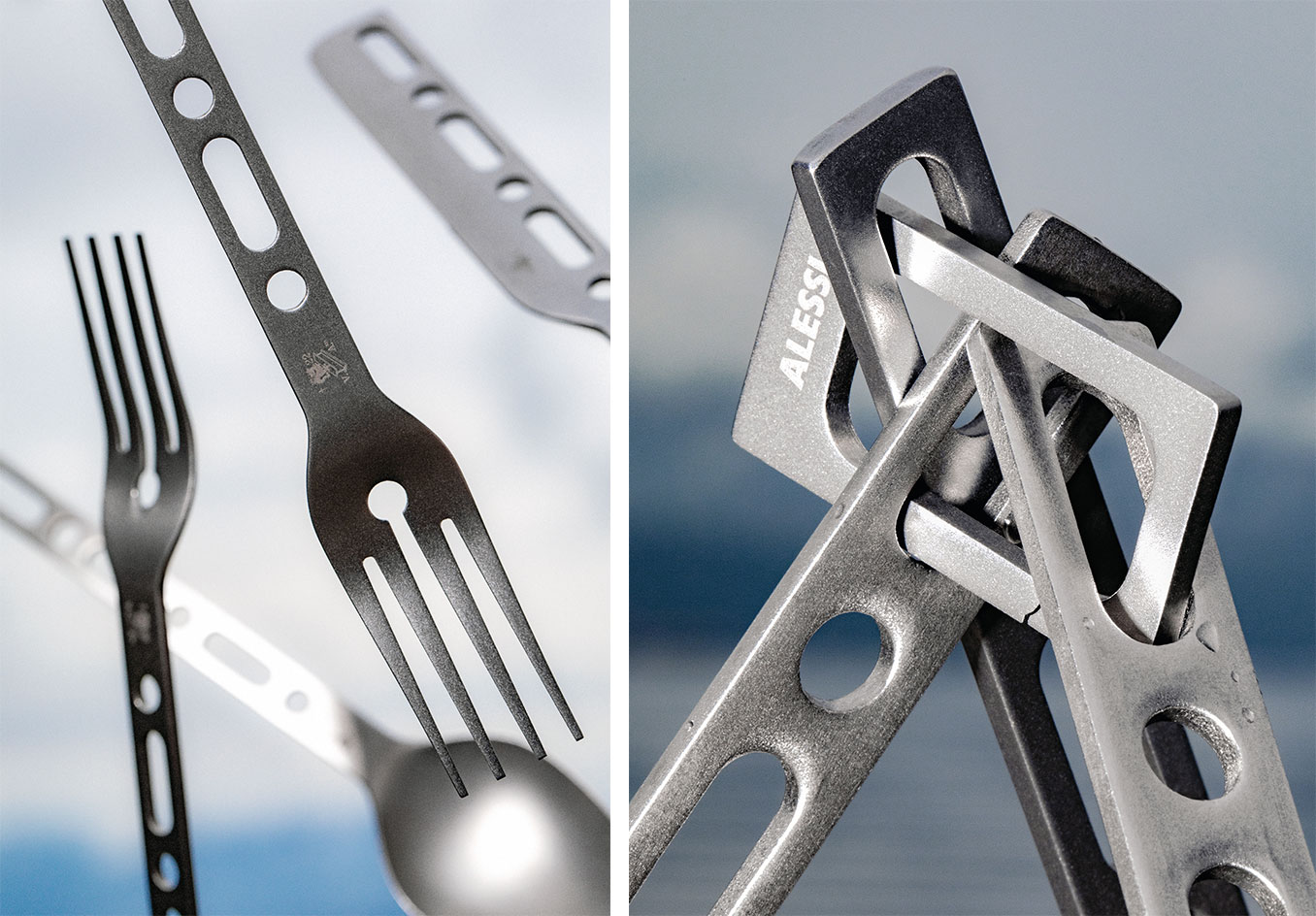Perfectly imperfect: two exhibitions at Design Museum Holon celebrate the collateral damage of design
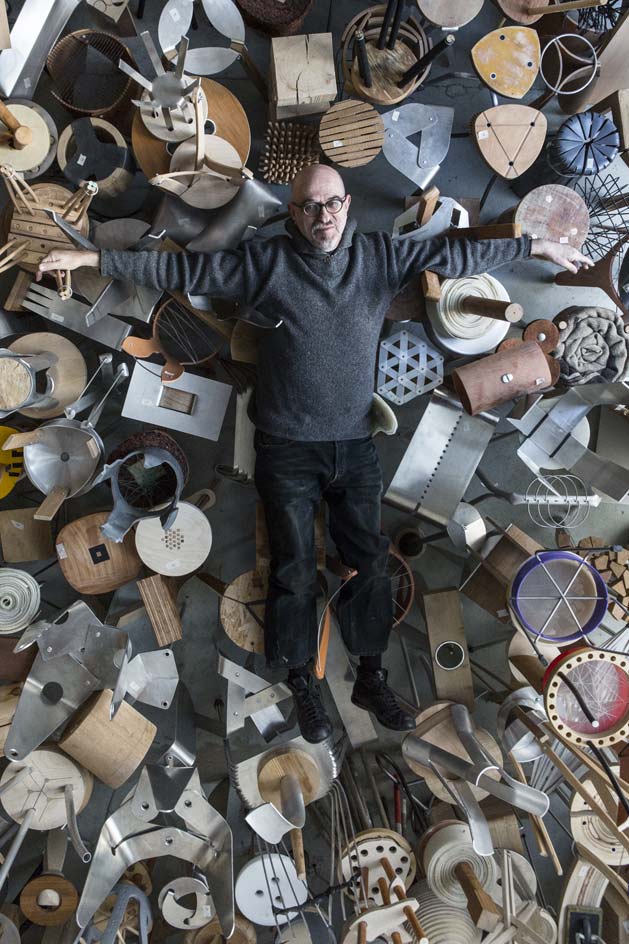
The vermilion steel ribbons that orbit the Design Museum Holon appear to defy construction, so at odds are they to the notion of a sturdy, timeless monument. And yet today the museum is five years into its tenure as Israel's premier design showcase.
It's with a dose of compassion, then, that the museum launches its spring programme, a tribute to trial and error in design - or, if not error exactly, then the metaphorical shoulders on which some design giants now stand. Like an evolutionary museum that lures in crowds with the remains of those unfit for survival, Holon offers a riveting show of what might have been but was, alas, not.
Jerusalem-based designer Yaacov Kaufman headlines the exhibition 'Stools', hauling in 300 experiments and also-rans created over eight years. Curator Galit Gaon likens the pieces to members of a tribe, though they illustrate not a triumph but a means to one, a creative process. Each stool is a slight mutation of the last - 'like the animation produced when flipping a flip book,' says Gaon. They demonstrate the laboriousness and multidimensionality of design - particularly of an object that's so hard to get right.
Even more extensive is 'IN-Possible', co-produced by the Alessi Museum, which highlights the flawed, untouchable, extinct proposals that never reached production - let alone the immortality achieved by so many Alessi designs. Curator Francesca Appiani presents 50 doomed proposals submitted over nine decades, by designers no less talented than Patricia Urquiola, Ettore Sottsass and Alessi luminary Philippe Starck. 'They were selected from a much bigger group of equally unborn designs,' says company president Alberto Alessi, with the purpose of emphasising the eclecticism and cultural liberality of our activity as manufacturers.'
The sketches, simulations and prototypes lay bare the dialogue between designer and manufacturer up until the inevitable veto. 'Oftentimes their execution presented insurmountable difficulties, less frequently their cost was too high, sometimes our company was too timid to introduce them on the market,' says Alessi. 'But almost no design was intrinsically too weak.' Perhaps they would have made disastrous products, but the remains make excellent viewing, like a particularly unsuccessful breed of beast. They're also an excellent reminder that nobody - not even Patricia Urquiola - is perfect.
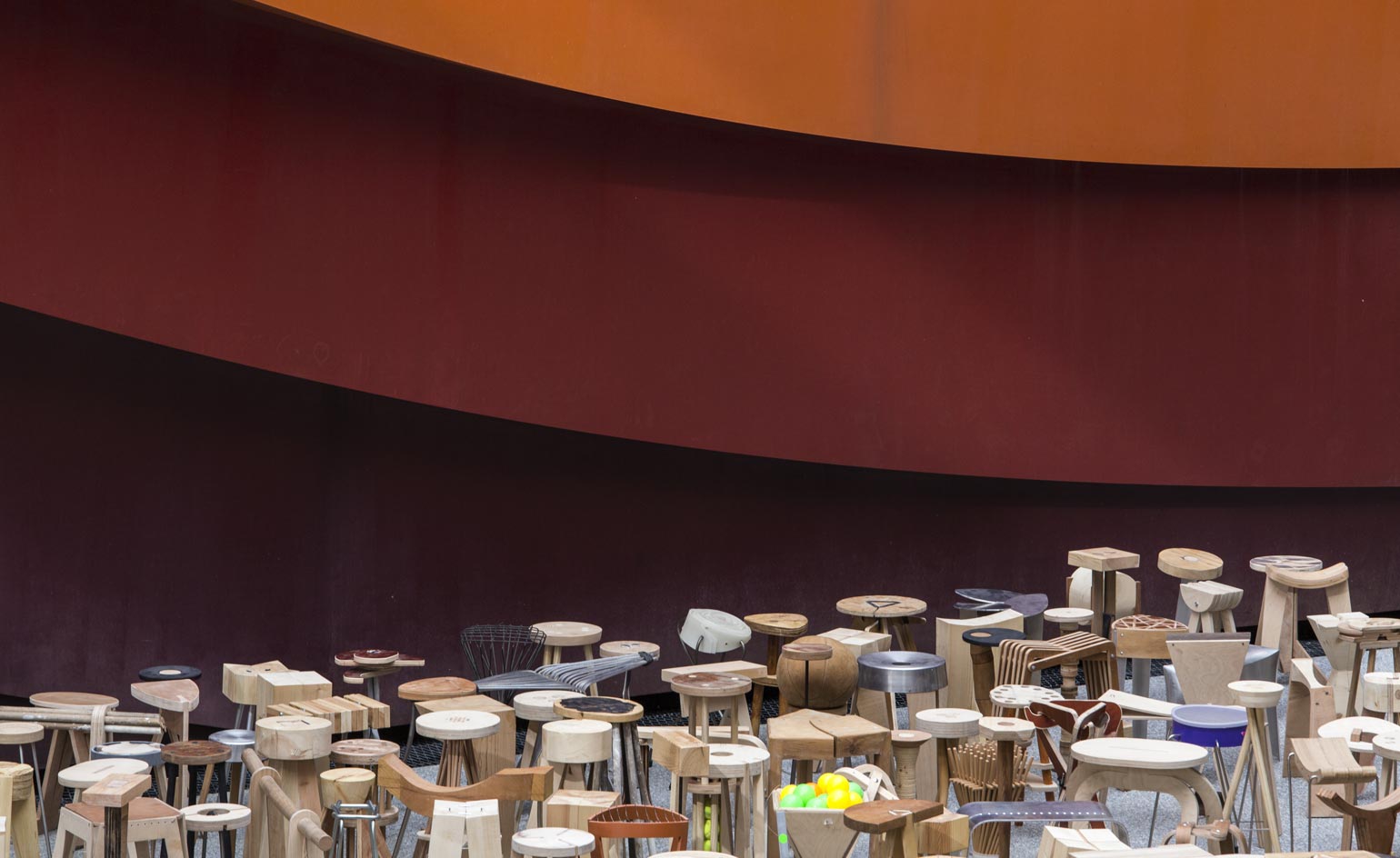
The exhibition features 300 prototypes, experiments and also-rans created over eight years
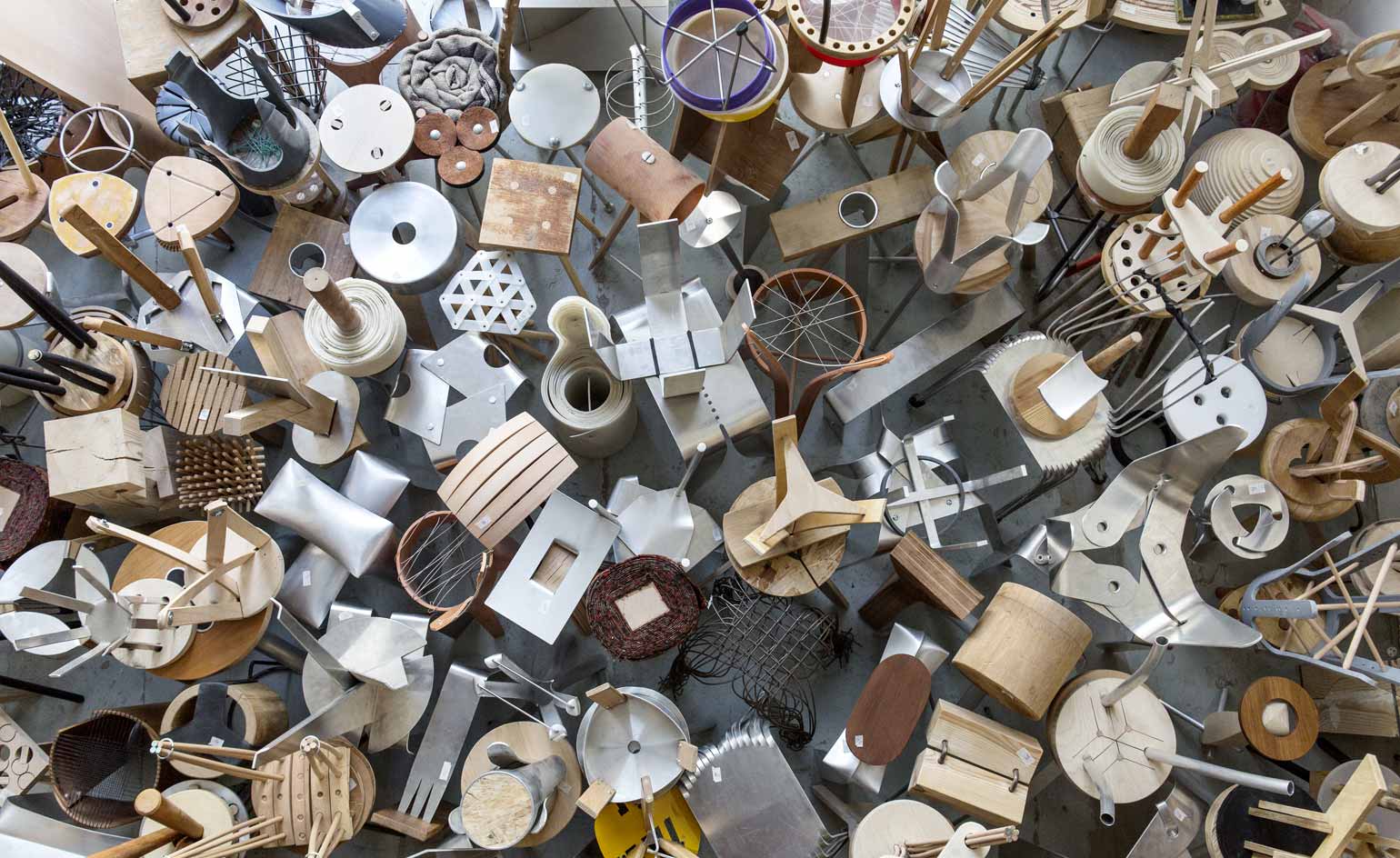
Each stool is a mutation of the last, demonstrating the laboriousness of design
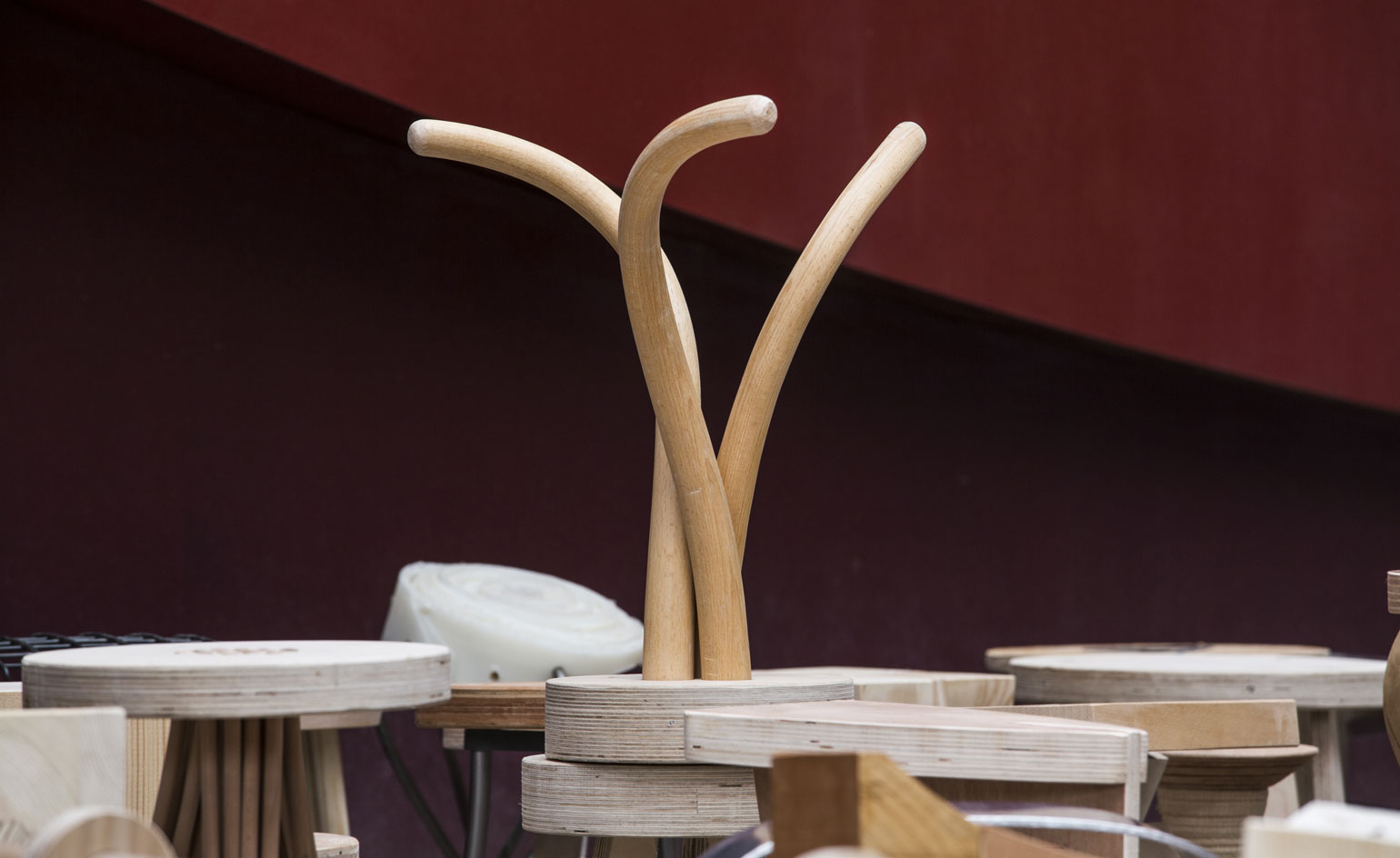
The stools illustrate not a triumph, but a means to one, a creative process
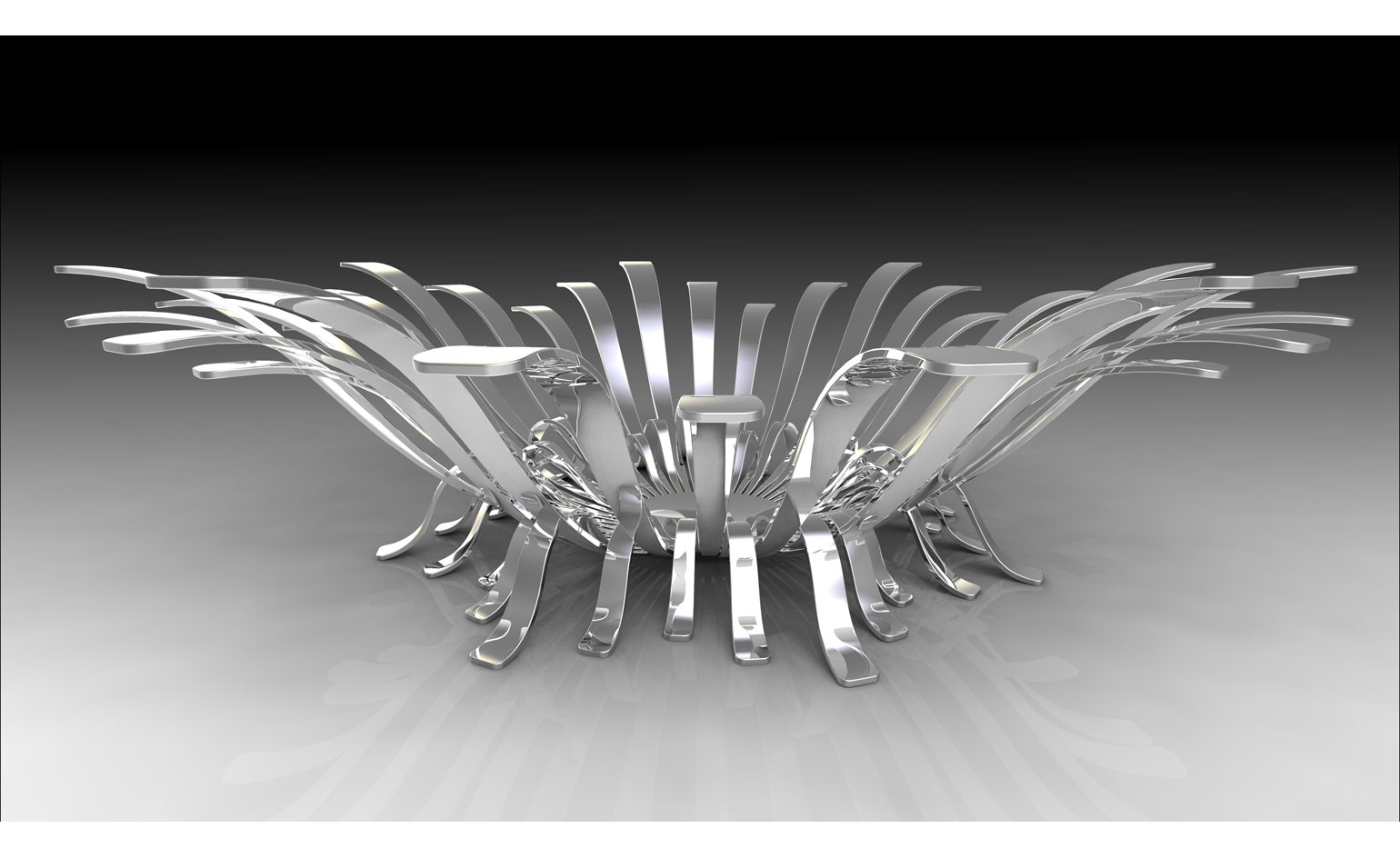
Running simultanously at the museum is 'IN-Possible', co-produced by the Alessi Museum, highlighting flawed proposals that never reached production
Pictured: 'Spider' bowl by Scott Henderson, 2009
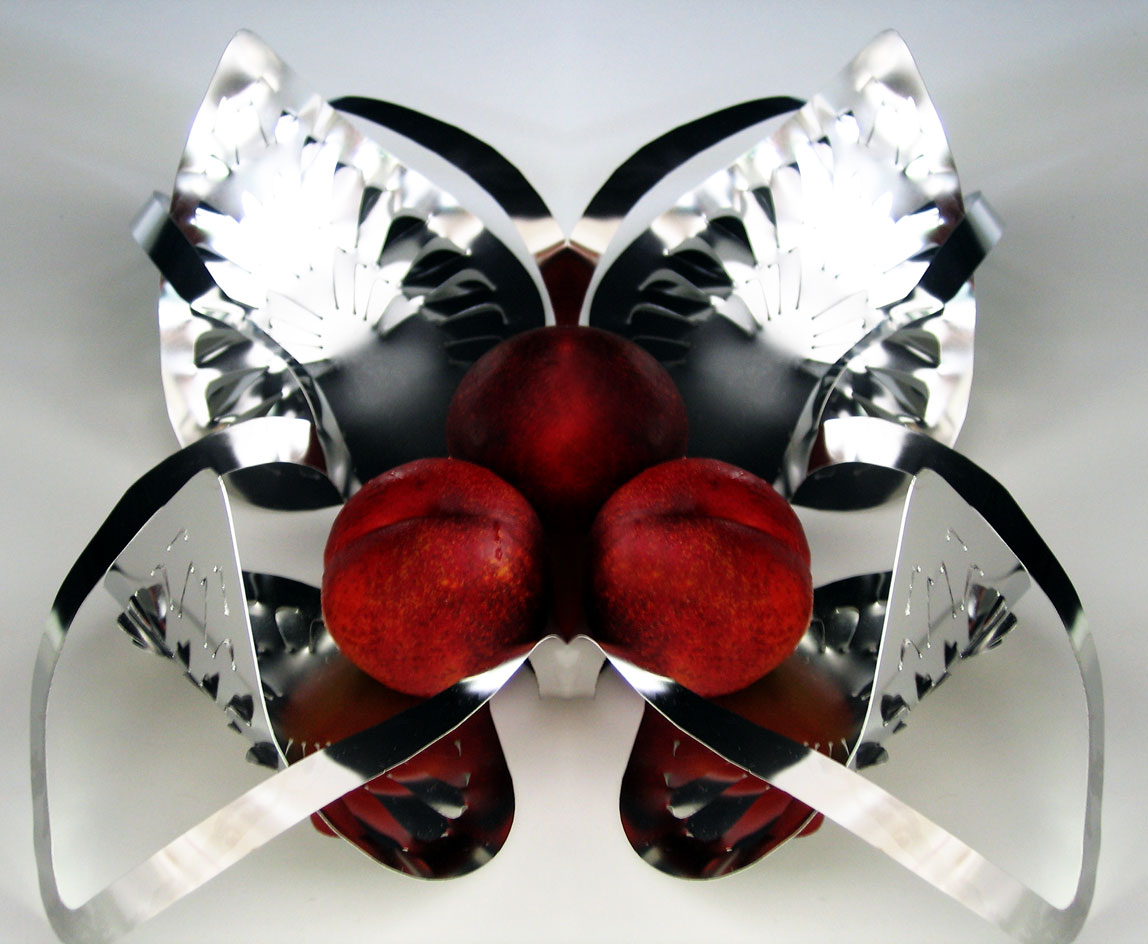
'IN-Possible' presents 50 doomed proposals spanning 90 years, including the 'Fiori Daranci' fruit bowl by Elena Manferdini, 2005
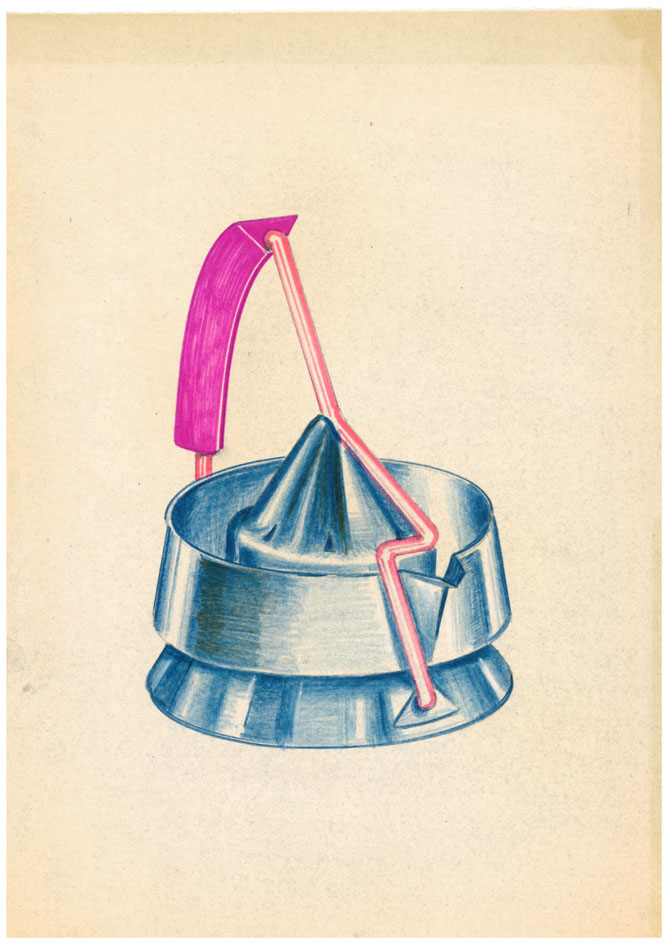
Denis Santachiara's coffee maker of 1982
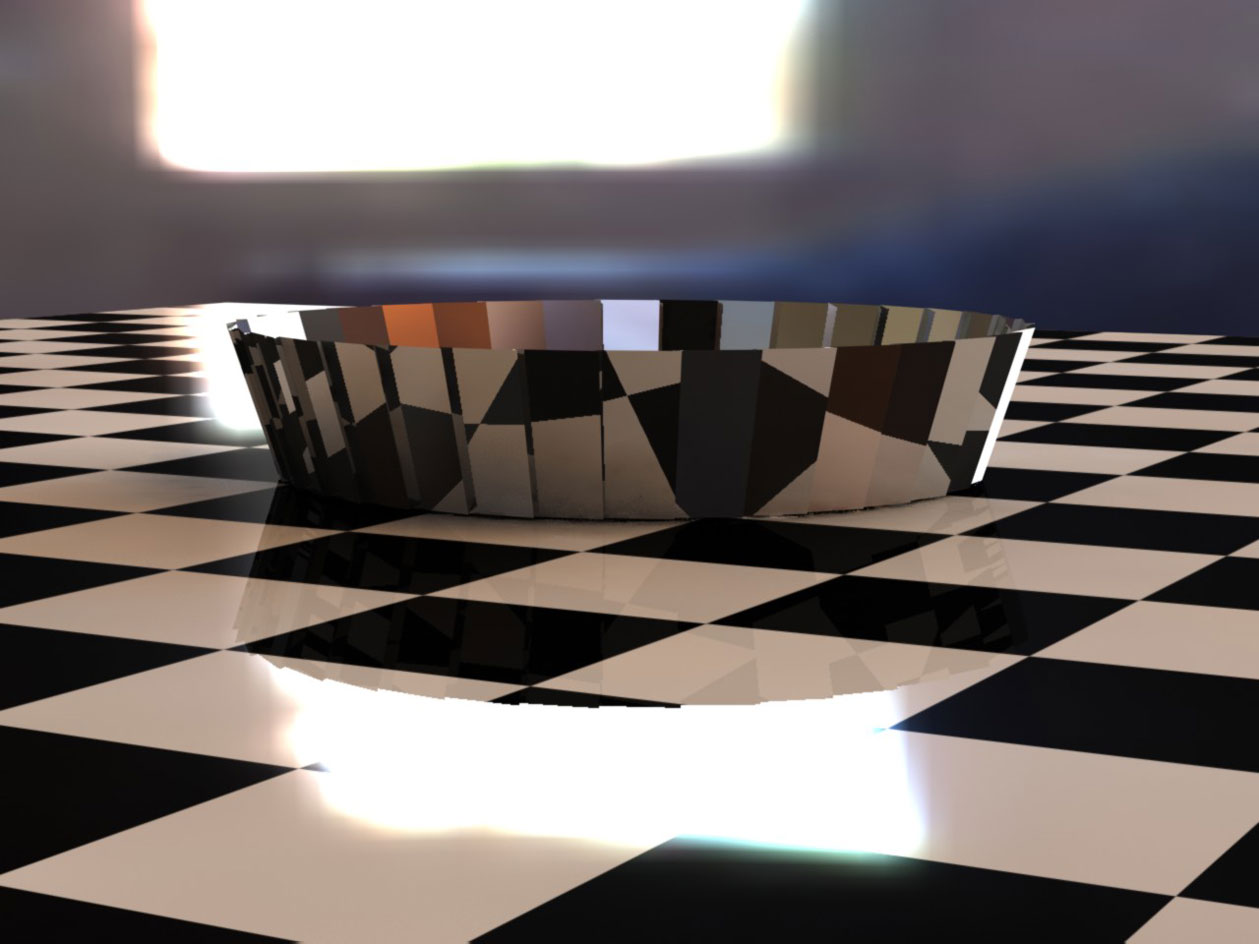
A number of Claudia Raimondo's pieces are feature in the exhibition, including metal decoration research from 2001
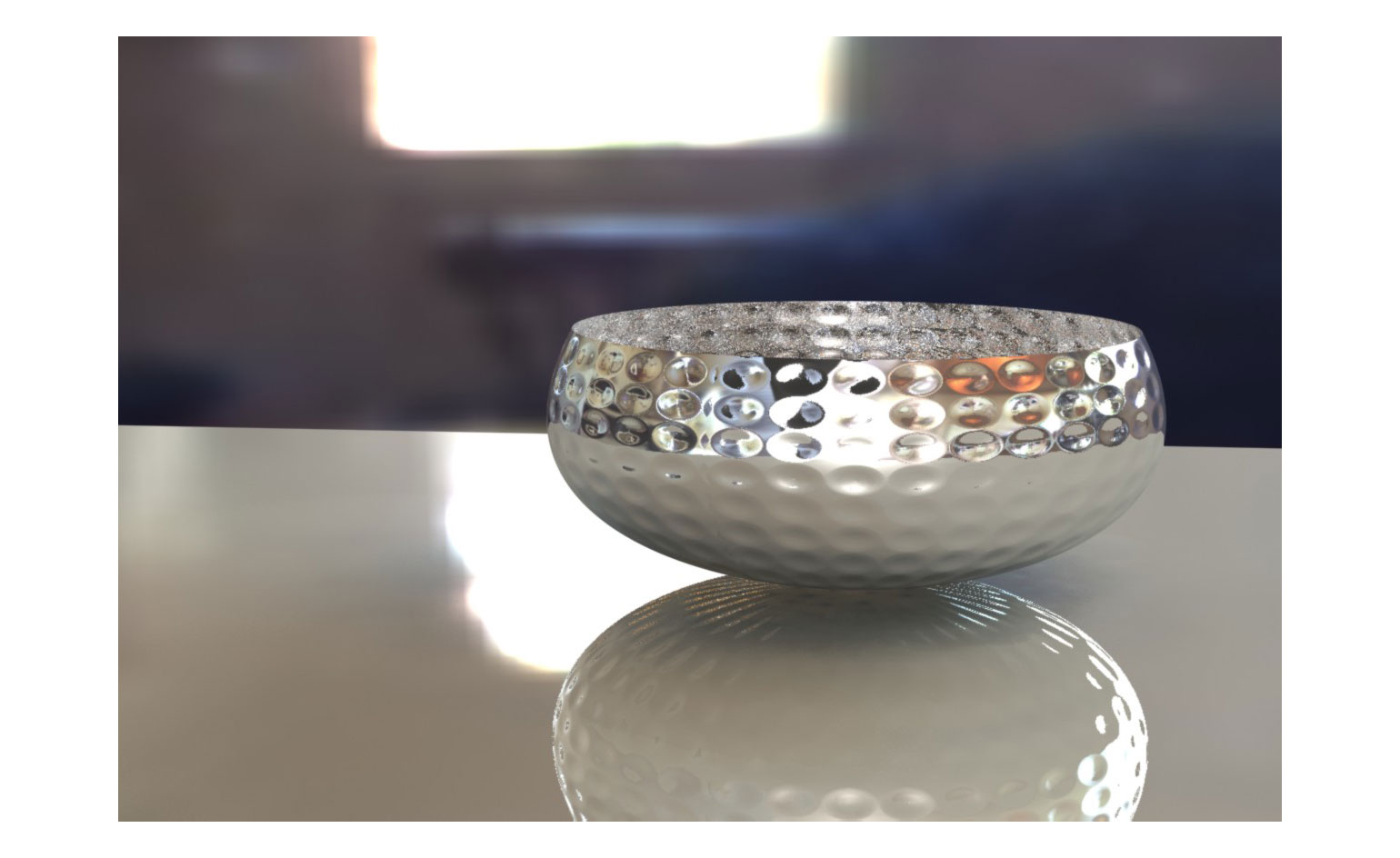
More metal decorations research by Claudia Raimondo
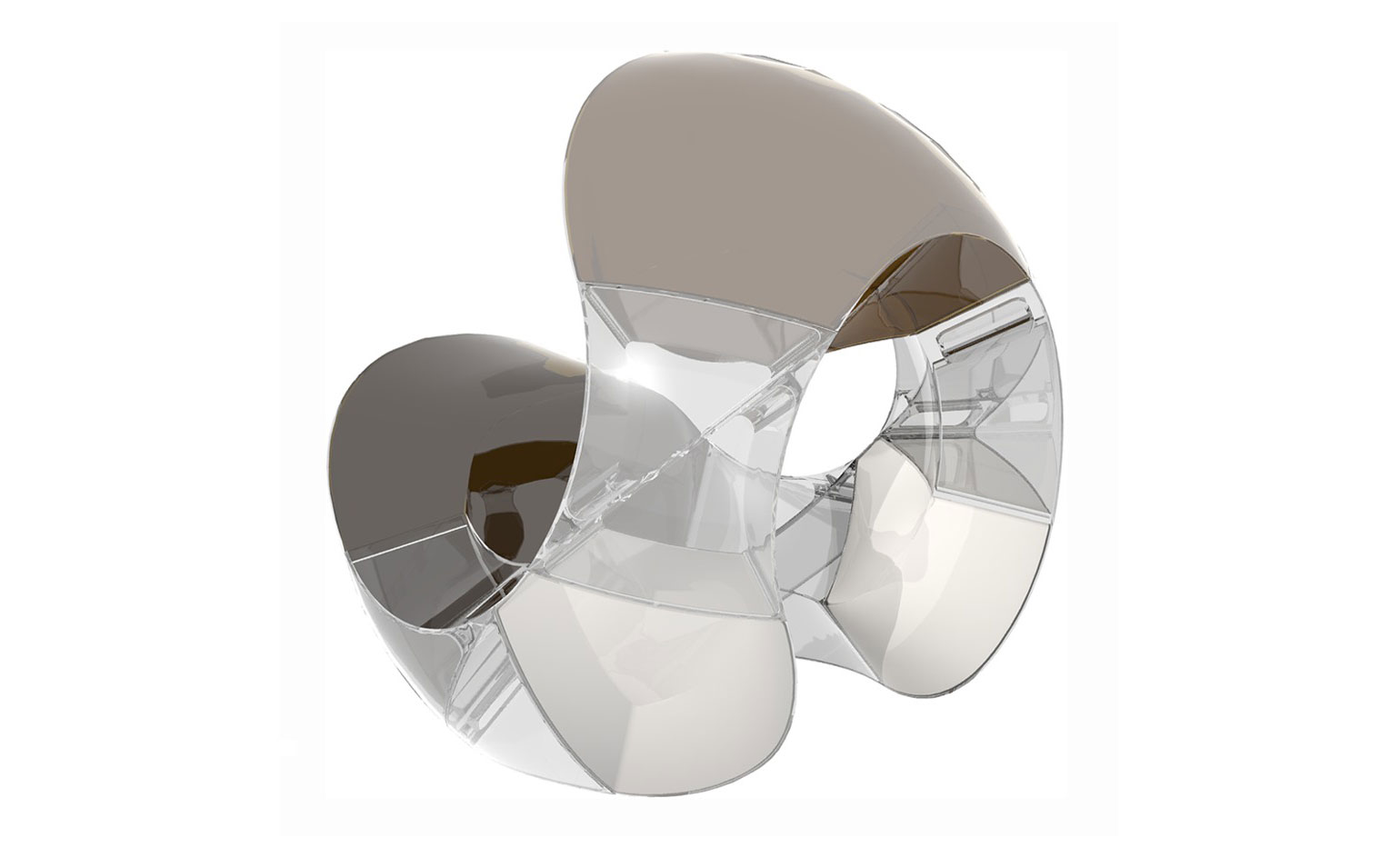
Tea and coffee 'Towers' by Acconci Studio
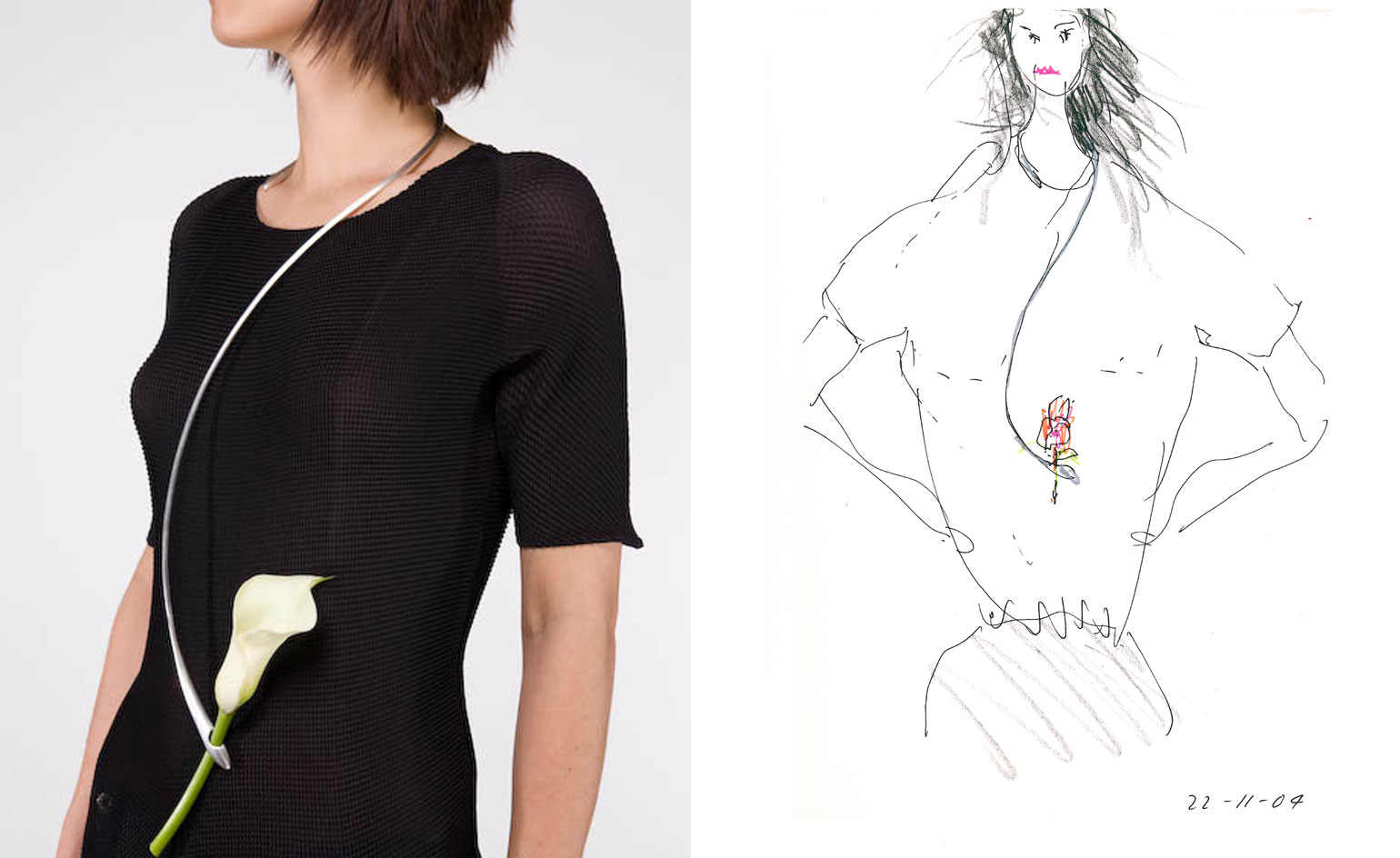
The sketches and prototypes lay bare the dialogue between designer and manufacturer up until the inevitable veto
Pictured: the prototype and sketch for a 2004 jewellery piece by Future Systems
ADDRESS
Pinkhas Eilon Street 8
Holon
5845400
Israel
Receive our daily digest of inspiration, escapism and design stories from around the world direct to your inbox.
Based in London, Ellen Himelfarb travels widely for her reports on architecture and design. Her words appear in The Times, The Telegraph, The World of Interiors, and The Globe and Mail in her native Canada. She has worked with Wallpaper* since 2006.
-
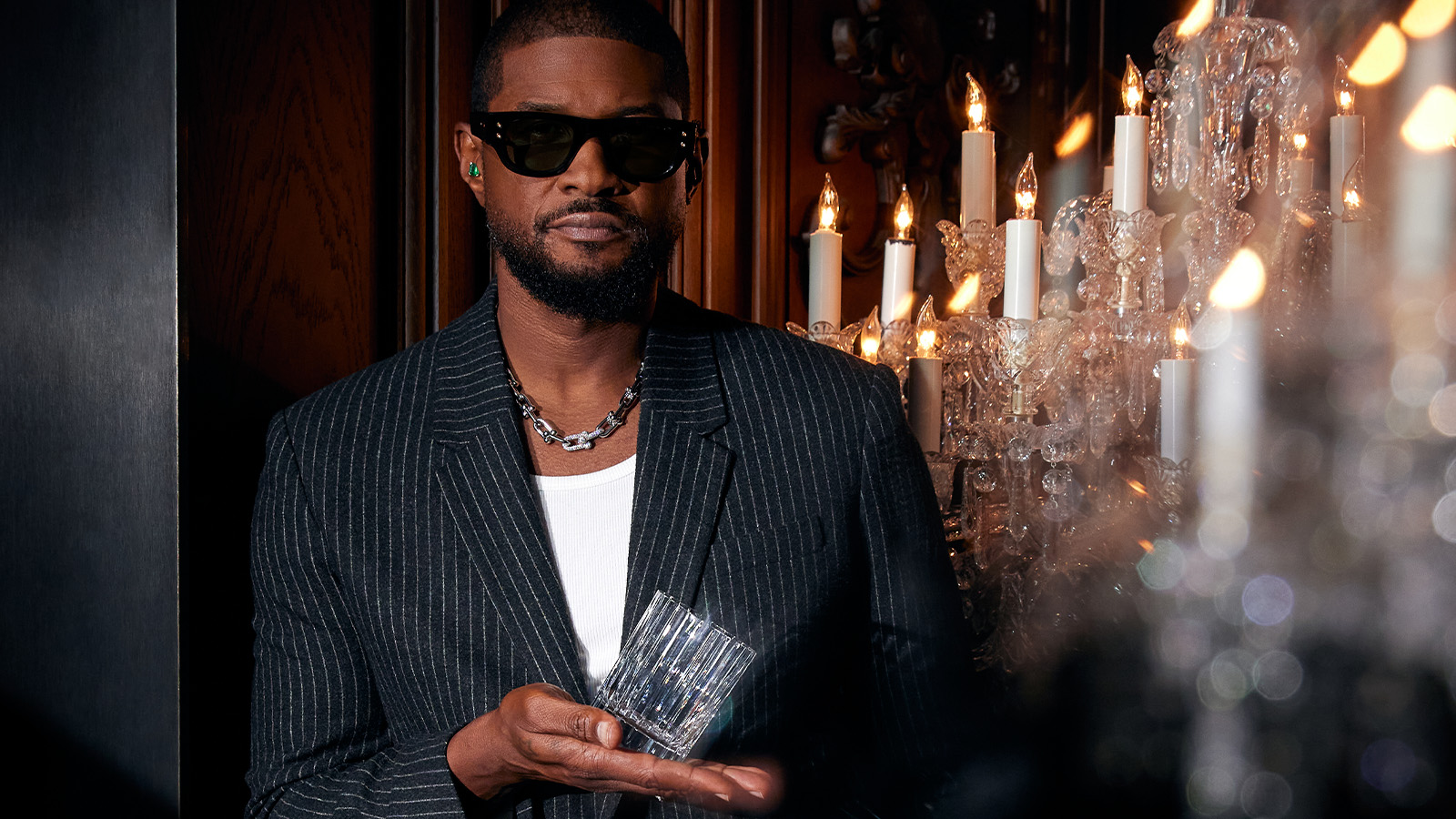 Usher opens up about breakfast playlists, banana pudding and why a glass tumbler is always on his rider
Usher opens up about breakfast playlists, banana pudding and why a glass tumbler is always on his riderOn the heels of a collaboration with Baccarat, the Grammy-winning singer-songwriter breaks down his entertaining tips. 'Hosting is an expression of how you feel about your guests and also who you are.'
-
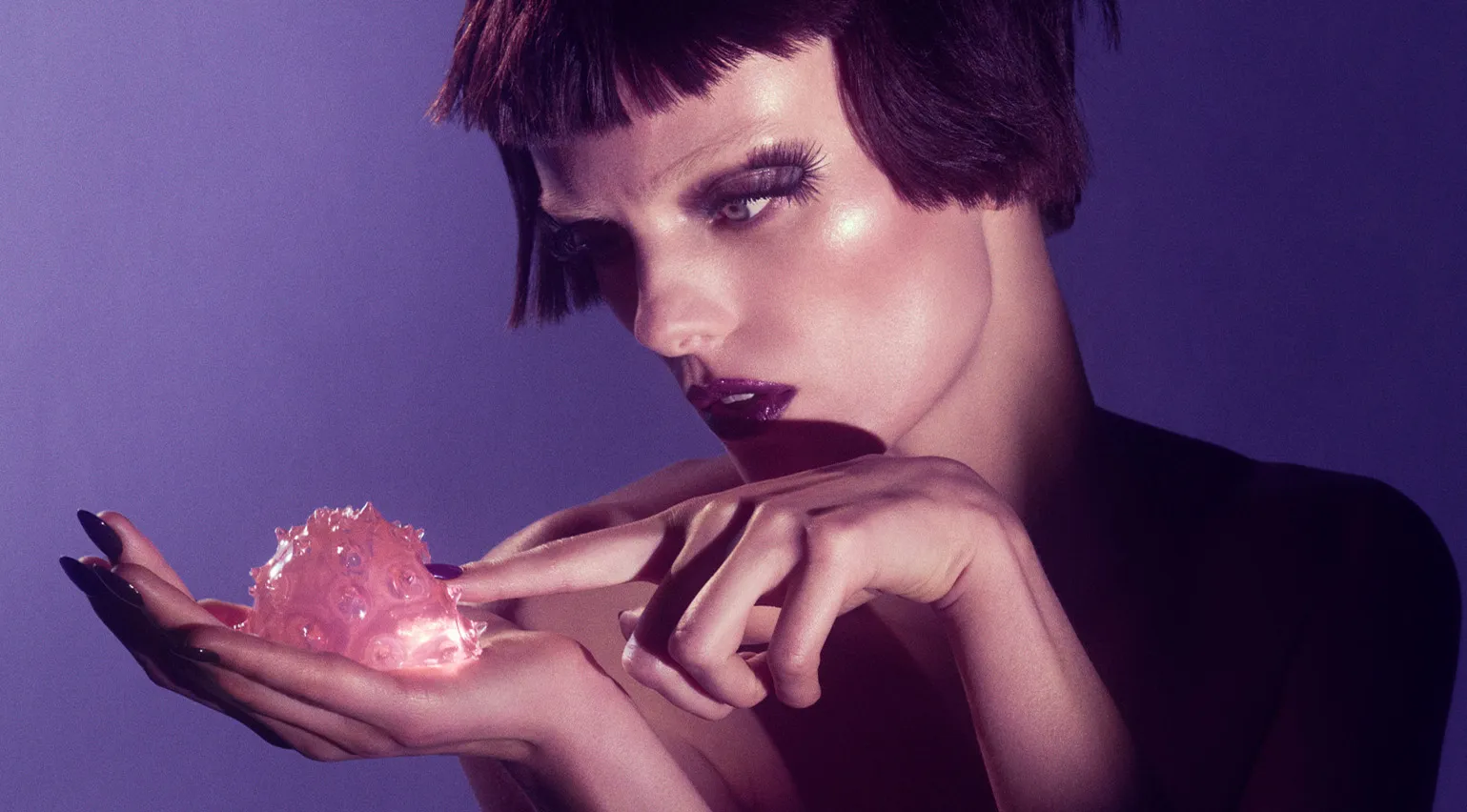 The beauty trends that will define 2026, from ultra-niche fragrances to anti-ageing dental care
The beauty trends that will define 2026, from ultra-niche fragrances to anti-ageing dental careAs we enter the new year, we speak to experts in fragrance, skincare, aesthetics, wellness and more about the trends that will be shaping the way we look
-
 The most stylish hotel debuts of 2025
The most stylish hotel debuts of 2025A Wallpaper* edit of this year’s defining hotel openings. Design-led stays to shape your next escape
